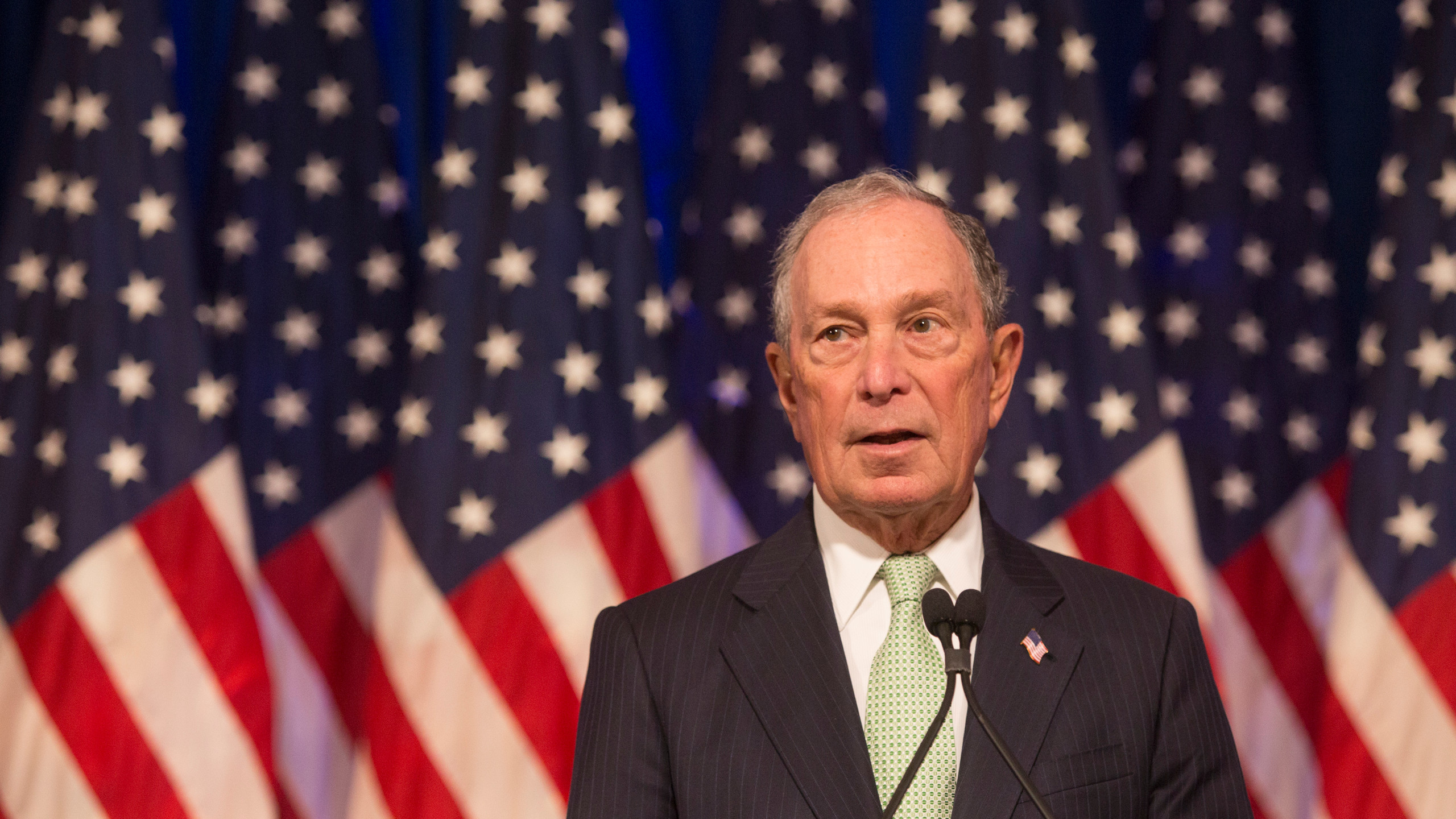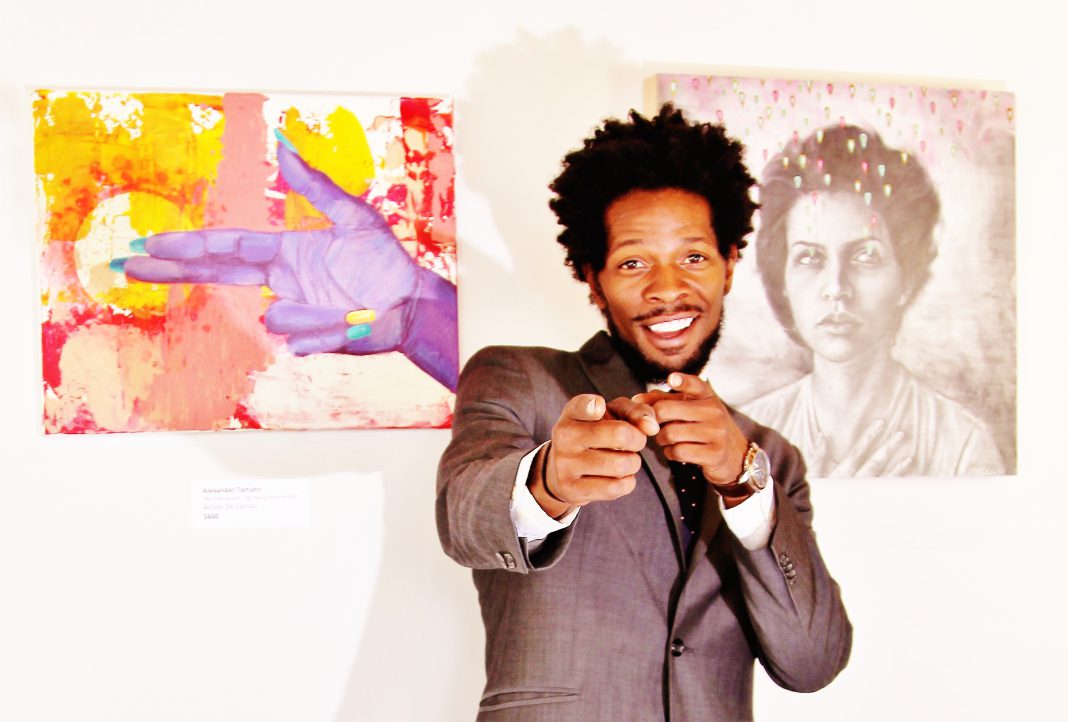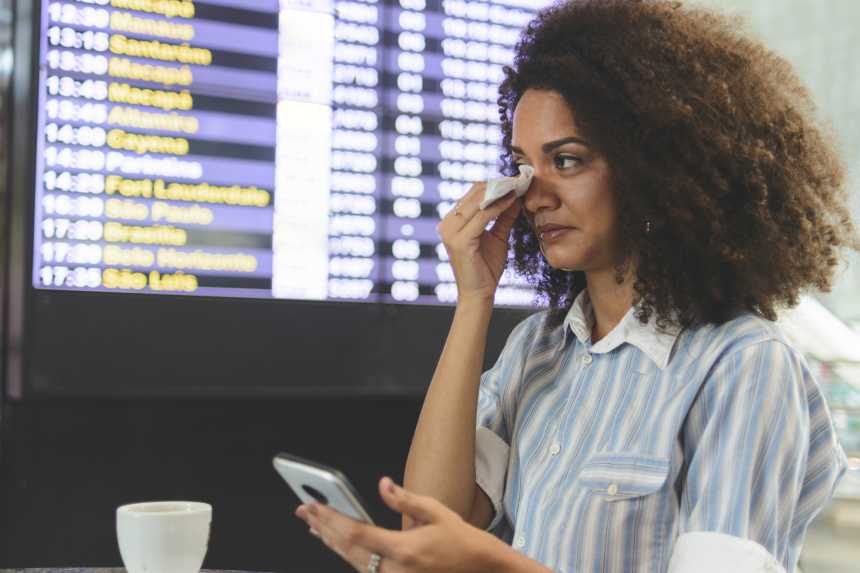
www.latimes.com
After spending more of his own money than any presidential candidate in history, former New York City Mayor Michael R. Bloomberg ended his presidential bid Wednesday after a feeble showing in the Super Tuesday primaries that were critical in his unconventional path to the Democratic nomination.
Bloomberg said he would endorse Joe Biden, the former vice president who pulled a stunning comeback Tuesday and surged into the lead in the nomination race.
“After yesterday’s results, the delegate math has become virtually impossible,” Bloomberg said in a statement. “And a viable path to the nomination no longer exists. But I remain clear eyed about my overriding objective — victory in November. Not for me but for our country.”
He shattered self-funding records, pouring at least $676 million into his campaign as of Tuesday. In the end, Bloomberg won only American Samoa.
Bloomberg’s Democratic rivals had been campaigning for nearly a year in the early voting states of Iowa, New Hampshire, Nevada and South Carolina by the time the billionaire entered the race in November 2019.
Bloomberg decided to pursue a rarely charted course — skipping all four of the early states and wagering heavily on the delegate-rich contests that would follow on March 3, when California, Texas and 12 other states held their primaries.
Bloomberg pursued this strategy at a scale never seen before, hiring armies of lavishly paid campaign staffers across the country and bombarding the airwaves. Through March 3, Bloomberg spent $552 million on television, radio and digital advertising, according to Advertising Analytics, a firm that tracks political ad spending. The move also allowed Bloomberg to forgo the retail politicking expected in the early states, which has never been a strength of his.
He touted his record as mayor, his business acumen, as well as the hundreds of millions of dollars he had spent fighting for gun control and climate change action, two issues of importance to the Democratic base.
Initially, he began to rise in some polls. But then voters, many who first were introduced to the candidate in slickly produced television ads, saw the unscripted Bloomberg when he made the debate stage in Las Vegas in February. It was a disaster.
Bloomberg had not debated in years and was competing with candidates who had been honing their skills for months and were eager to attack the man who they felt was trying to buy the nomination. (Bloomberg had countered that since he was not taking donations, he was beholden to no one.)
During the debate, Bloomberg was hammered about boorish comments he had made about women, nondisclosure agreements his company signed with women who filed sexual harassment claims, and his stop-and-frisk policing policy that disproportionately affected minorities. He appeared rusty and haughty.
On Super Tuesday, he won just American Samoa, which gave him five delegates.
The prior modern-day records were held by Ross Perot, who ran as an independent in 1992, and Steve Forbes, who ran as a Republican in 2000. Each spent the equivalent of a little over $110 million in today’s dollars. Tom Steyer, a hedge-fund manager turned environmental activist, spent more than a quarter-billion dollars on his unsuccessful Democratic presidential bid this year, according to federal campaign disclosures.
Bloomberg has pledged that if he did not win the nomination, he would support the Democratic candidate by funding an independent anti-Trump effort.
“Mike Bloomberg is either going to be the nominee or the most important person supporting the Democratic nominee for president,” Kevin Sheekey, Bloomberg’s campaign manager, told NBC News in January. “He is dedicated to getting Trump out of the White House.”
Bloomberg’s spending is unlikely going to affect his bottom line. The $676 million price tag of his campaign represented just over 1% of his net worth.
The businessman and former three-term mayor of New York City is worth an estimated $55 billion, making him one of the richest men in the world. He made his fortune by creating a business that provides news, analytics and data to financial companies at a premium cost through terminals.
The 78-year-old had flirted with presidential runs for more than a decade. He announced in March 2019 that he would not run. But then Bloomberg grew unhappy with the Democratic field and the weakness of the early front-runner Joe Biden, and announced in late November that he would seek the White House, kicking off his campaign with a $37-million weeklong ad blitz.
As he joined a crowded field of Democrats who had been jostling for months over the direction of the party and who was best positioned to take on President Trump, Bloomberg was criticized by his rivals over his personal riches — especially in light of his opposition to a wealth tax. He was accused of not being a true Democrat, given his party registration shifts over the years.
Bloomberg brushed aside such criticism, saying in November, “I am going to make my case and let the voters, who are plenty smart, make their choice.”
Times staff writer Michael Finnegan contributed to this report.









